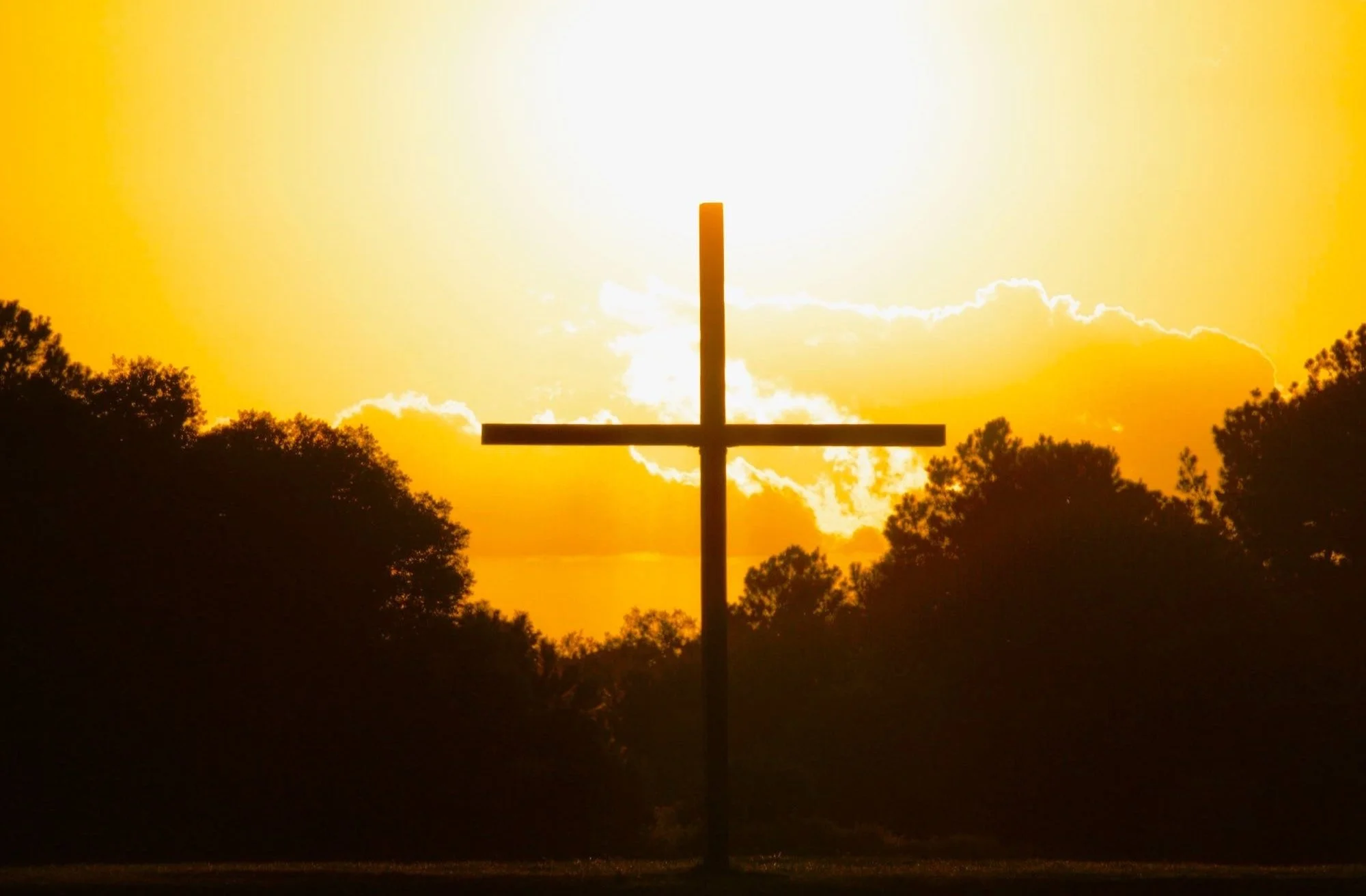They also said, “Men of Galilee, why do you stand looking into the sky? This Jesus, who has been taken up from you into heaven, will come in just the same way as you have watched Him go into heaven.”
Acts 1:11
This morning is Christmas. Though it happens every year, Christmas is a stunning thing, really, as we’ve seen over the past month. We’ve followed a young couple, seen political intrigue, walked through dangerous times, and the now we witness the arrival of a Savior. Two thousand years have passed, but on that morning so long ago, hope entered the world.
But for many, hope is a distant memory this morning. You might be among them.
This may have been a particularly difficult year for you. Perhaps you’ve lost a loved one this year, and the pain of not having them at Christmas is extreme. My own dad died on December 23rd two years ago, and these days can be bittersweet.
Or perhaps this year has been filled with financial struggles. Many have wrestled with the effects of the COVID shutdown, or job loss, or other hardships.
Perhaps you’ve been sick this year, or were diagnosed with some sort of illness that has changed your life, and caused you substantial fear for the future.
These are just a few examples. For many, Christmas might not be joyful this year. If you’re among them, you might doubt that this time of year offers any real, lasting hope. The day after today will be the same as the day before.
In a similar way, that first morning after the birth of the Savior, very little changed in the rest of the world. Sickness continued. Financial hardships remained. Death continued to reign. The day after was like the day before.
But something special happened there, in the stable, among the animals. Something happened that would someday change the world forever. But that change wouldn’t come for a very long time.
When Jesus entered the world the first time, He brought with Him the power to change the hearts of men. That power would reach its zenith on a hill outside of Jerusalem called Golgotha, where He would be crucified, and would atone for the sins of all His people.
To everyone present that day, He had lost everything. What’s more, very little changed in the rest of the world. Sickness, sorrow, and pain continued. Hope seemed far away, and the day after was like the day before.
But neither of those days—the day Jesus was born, or the day Jesus died—were intended by God to be the whole picture. Hope had, in fact, entered the world, but it had only just begun.
A day is coming when Jesus will come again. This time, though, He will not come as a baby in a manger. His second arrival will not be unnoticed by the world the way His first arrival was.
No—when Jesus comes a second time, He will come with authority to rule and reign. He will come with power to overturn the effects of the fall, and sickness and death will flee from Him. He will come with the authority to judge the world in righteousness. And He will come to restore everything that is broken.
If Christmas isn’t filled with hope and joy for you this year, and you’re wondering what difference it makes, think about what the first coming of Jesus means. His first coming means that He will come again—and He will come again in power.
Tomorrow will come, and very little will have changed in the world around us. But a day is coming when everything will change. Christmas is the great downpayment of hope for each of us. It is the promise of more to come. It is the dawn of change, but only for those with eyes to see.
So if Christmas is sorrowful for you this year, remember this and have hope—Jesus is coming again! That day, for the first time ever, the day after won’t be the same.



















